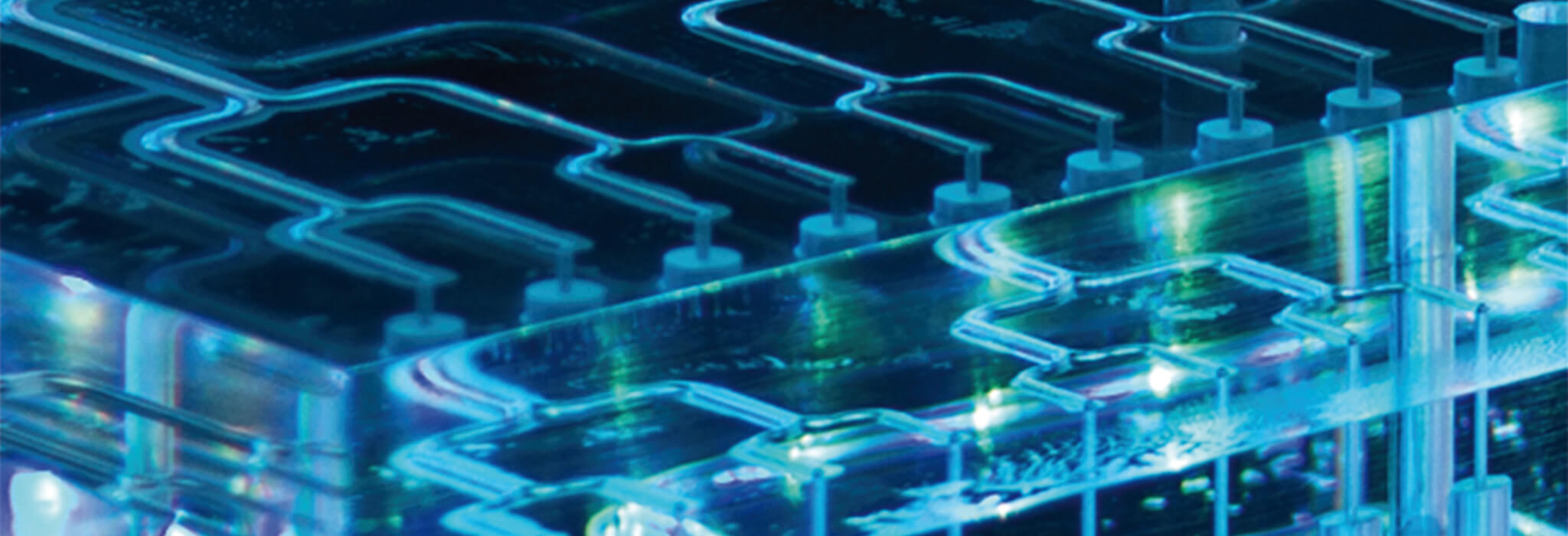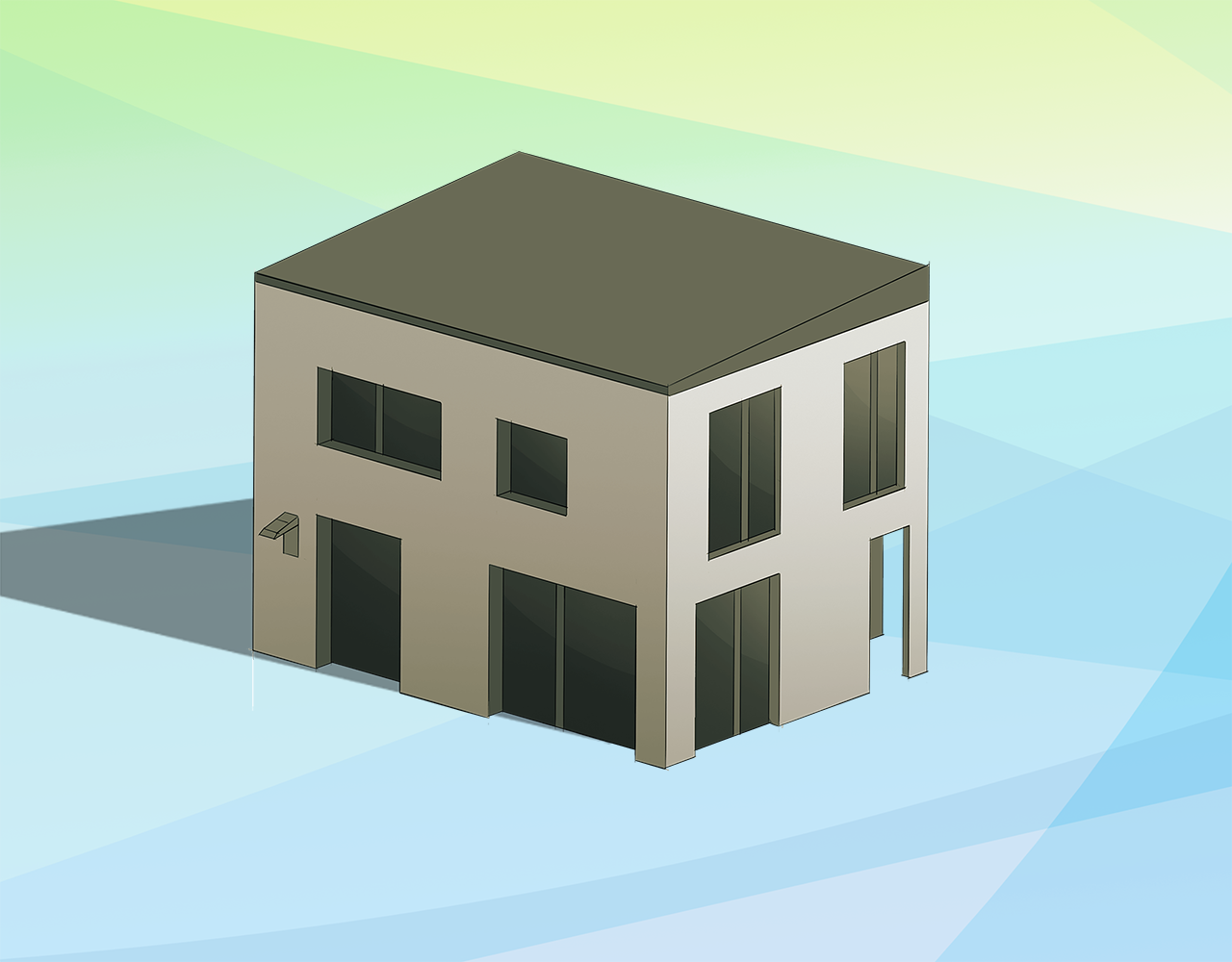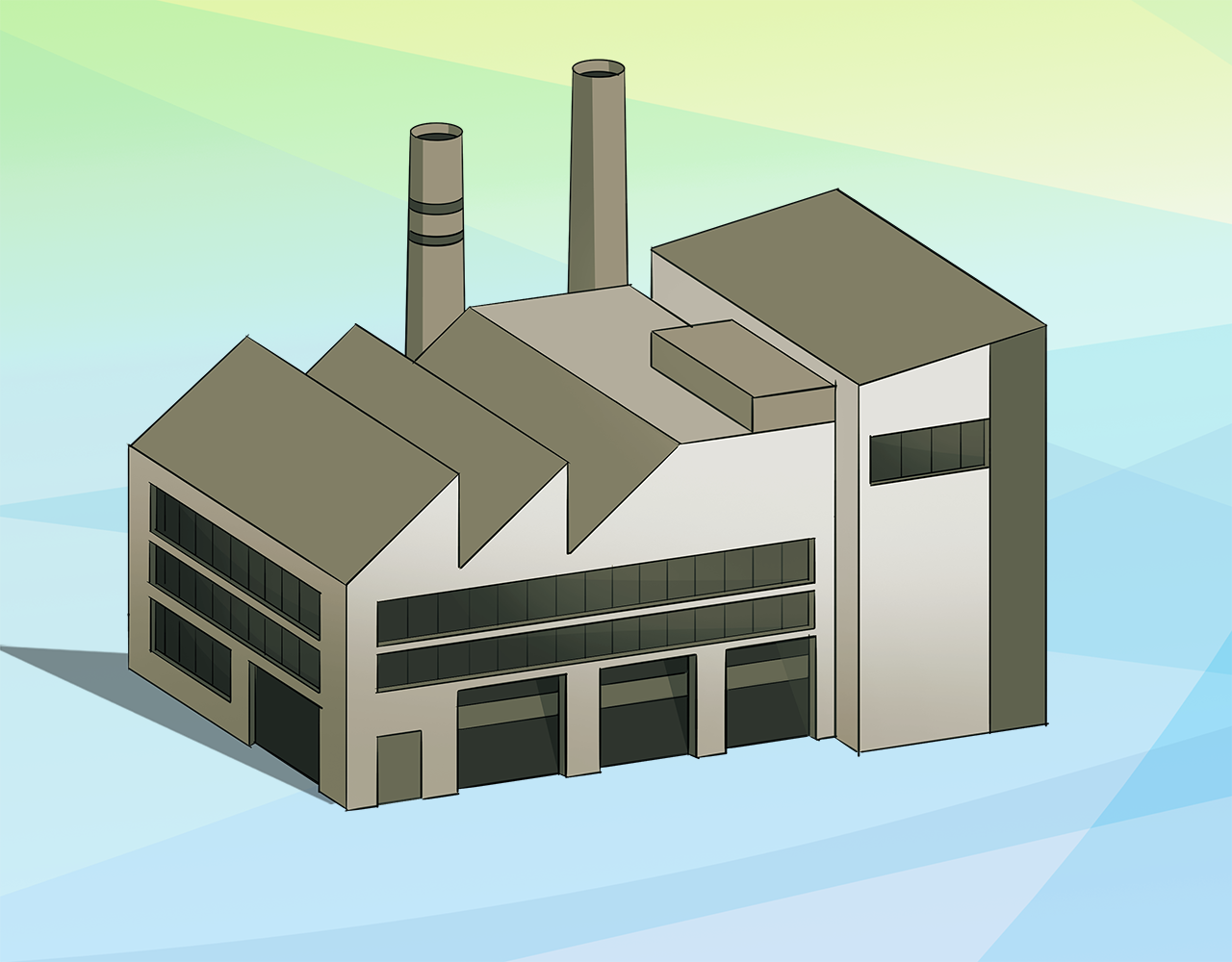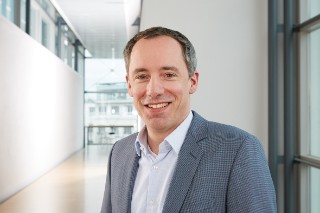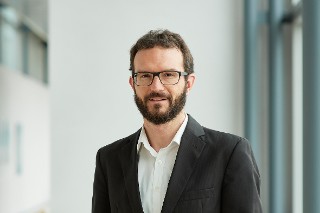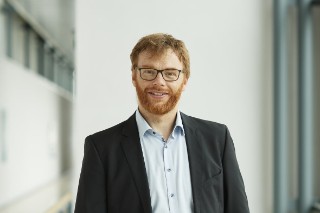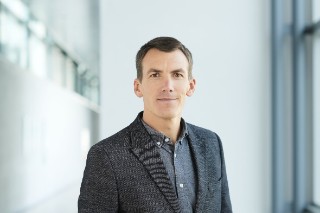Heat pumps will be the dominant heating technology in the energy system of the future. Scientific studies show that they will play a key role in supplying buildings, industry and district heating with heat and cooling and reducing greenhouse gas emissions.
Heat pumps are used in a wide range of applications. The technical fields of application are the heating of new and existing single-family and multi-family homes as well as non-residential buildings. Large heat pumps can also supply entire cities and neighborhoods with district heating efficiently and reliably. In industry, high-temperature heat pumps with temperatures of up to 200°C are used, for example, to provide process heat. Heat pumps can also be used to make electricity consumption more flexible and stabilize power grids.
